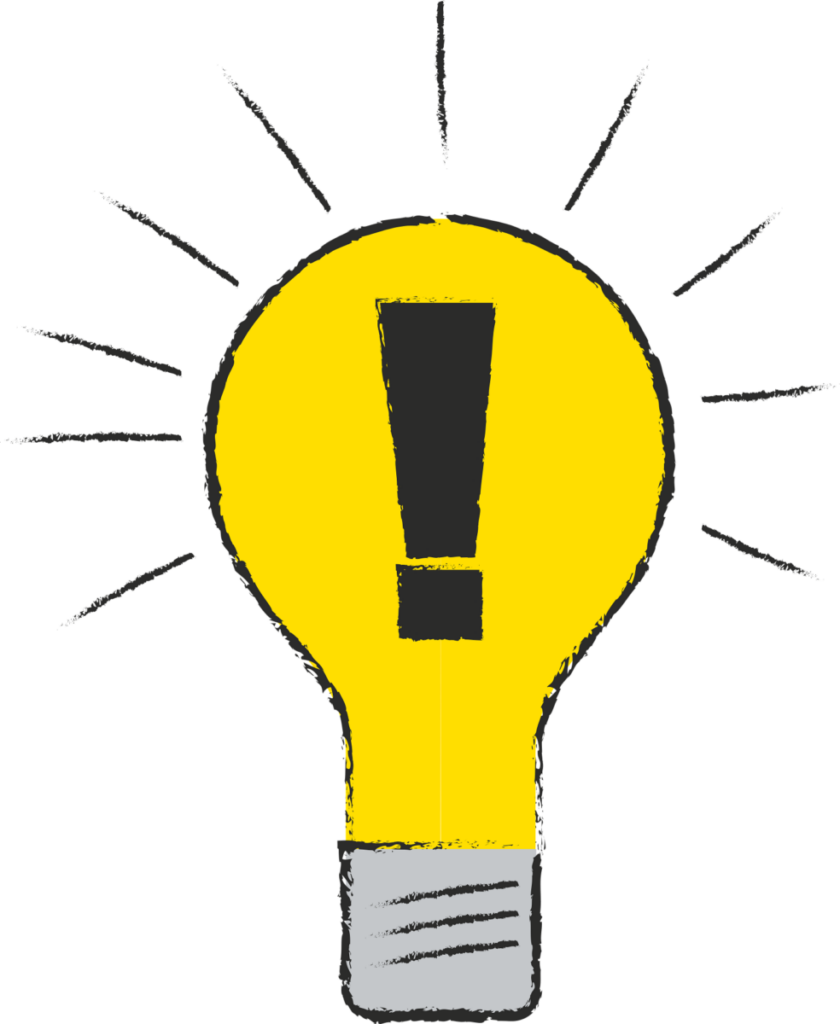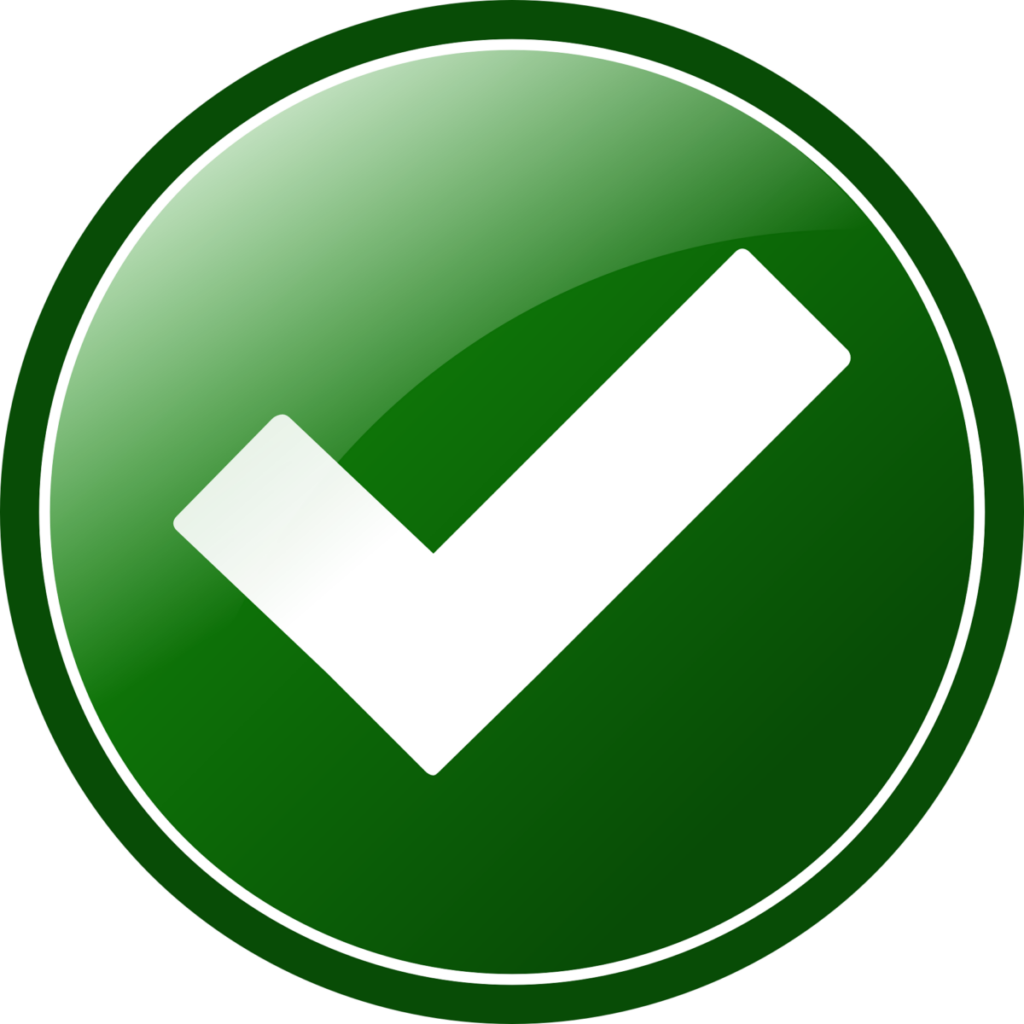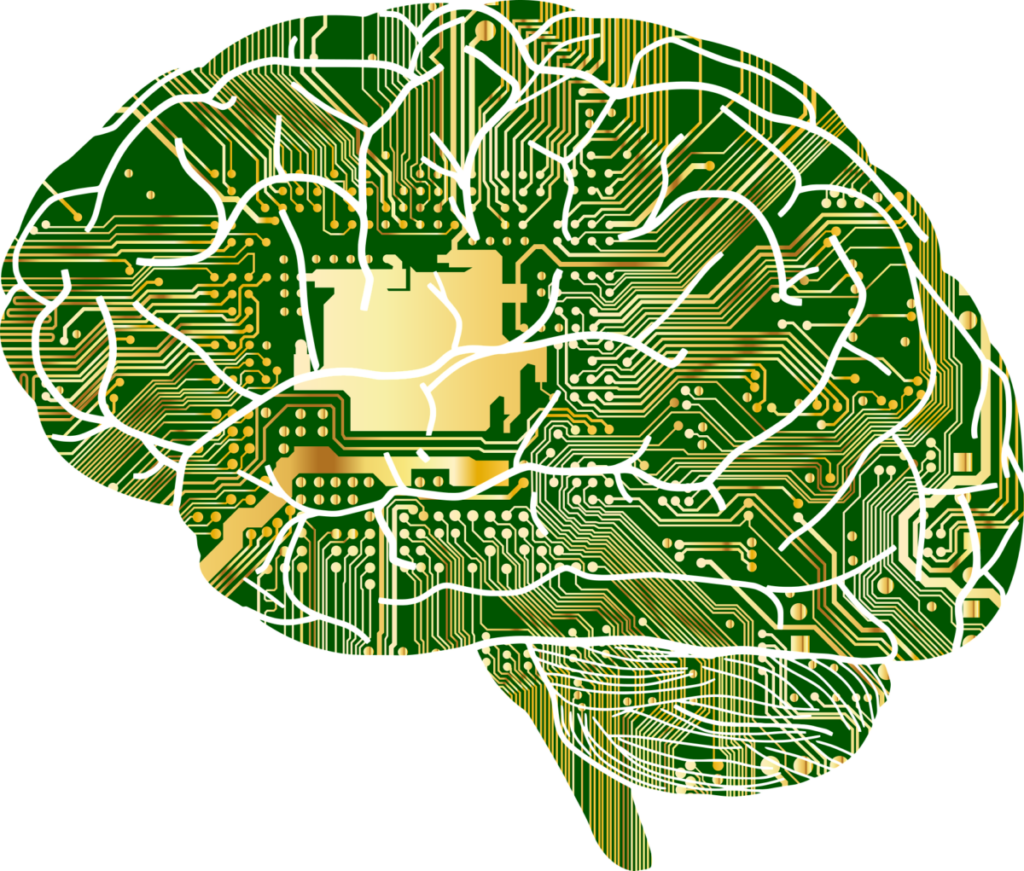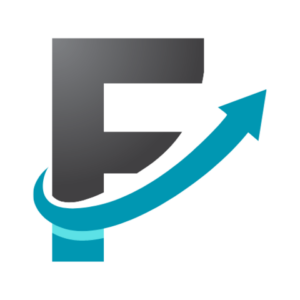
I’m sure you’ve tried to memorize tons of words using flashcards and lists and thought if you just repeat loads, you’ll eventually memorize, but when it comes time to speak, you can’t remember them.
Memorization is actually causing more damage to you and your progress. We all think this is how we learn words, but there’s a much better way.
Use Acquisition and Comprehensible Input as the main method for learning words effectively, rather than trying to ‘memorize’ lots of words with lists or flashcards. Learning this way will allow you to remember words and use them naturally and effectively.
It’s not your fault, many of us have been taught this is the way to learn words, including myself (at least at the start of my journey), but there is another way, an easier, more effortless way!
Why Do I Keep Forgetting Vocabulary?
Words have to be learned in their natural environment. The reason you keep forgetting vocabulary or not being able to even retain (remember) words is because of the way you are trying to get them in – by using memorization. More specifically, trying to memorize using lists of words and flashcards.

When you use lists of words as a tool to memorize, you are taking the words out of their natural habitat. Without other words around them, without any meaning, your brain will find it nearly impossible to remember or retain those words because it needs context and meaning.
Similarly, flashcards produce the same kind of problem – you are isolating the new words and taking them out of context. Flashcards can be somewhat useful when reviewing your words but not for trying to memorize new ones. It is imperative (crucial) to see the words in context with other words.
Check out this video from two very well-known polyglots.
(Recap) 5 Biggest Mistakes With Learning New Words
- Memorizing with lists
- Out of context
- Learning words you don’t need
- Not practicing the new words through speaking
- Not using a notepad
Learning a language is not how we learned in schools and classes, it has to be much more natural and subconscious. Let’s look at how you can learn in the most effective way possible!
How can I learn vocabulary most effectively?
The way you can learn vocabulary in the most effective way possible is through Acquisition and comprehensible Input. What the hell are these two? Acquisition is the WAY we learn a language. This is a subconscious process where the language goes into the brain naturally and without you having to think.
Instead of trying to consciously learn about the language through studying grammar or memorizing flashcards or vocab lists, you simply let the language flow into you subconsciously. Comprehensible Input is how you get the language in.

Input = Reading and listening
Comprehensible = to comprehend or to understand
So, you just need to get lots of input into your brain that you understand most of what is being said, and the 20% or so that you don’t, well, that’s the new vocabulary. That 20% you don’t know is called CI+1 (comprehensible Input +1) which means it’s just a little bit above your current level.
The magic of this is that because you understand most (70-80%), your brain will take those new words (20%) and connect them naturally with the rest of the words you do know in context.
This is why context is king!

This is how you learned your native language as a baby. You didn’t sit there memorizing grammar or lists of words, having to test yourself, struggling to remember them – you didn’t do this. You simply allowed the language in, followed the message, and now can speak fluently in your native tongue.
So then, if acquisition is how you learned your native language (which it was), then what can we do now as adults to utilize (use) this approach but for the adult brain?
Acquisition – Listening & Reading

As said earlier, read, listen, then read again, then listen again… constantly doing this with plenty of repetition is the most effective and natural way to acquire a language. You have to get the language in first (input) before you can speak and write (output) so making sure to get lots of CI is imperative in your language journey. Check out our InterFluent course that utilizes acquisition as well as some other powerful tools to get you to fluency very fast.

Making sure to get a ton of passive vocabulary into your brain is key. This means not worrying about being able to use all the words, just know they are in there. You’ll be able to understand more and more difficult content, the more passive vocabulary you have. Search for a ton of content over at LingQ where you can see all the words you have acquired at any given time – very powerful tool!
Always Learn In Context – The Spiders Web

We’ve already talked about this, but as a reminder, make sure you always see new words, expressions, and phrases in their natural environment. Always see them in sentences with other words so your brain can understand the message being conveyed (expressed) – this is the way the brain wants to learn!
See individual words as a large network connected to larger groups of words and meanings. One word can have several meanings so start to see that word in many different contexts and situations. Linking words that are new to words that you already know (CI+1) will speed up your progress exponentially (very fast).
Focus On Meaningful & Interesting Content

If the brain deems words as not important it will discard them and forget very quickly, so make sure when you are getting in lots of input, focus on the important words. It’s also super important to enjoy the content, as the brain will discard the words if it finds it uninteresting!
To add to this, also make sure to mix it up – sometimes read, sometimes listen, sometimes both together, this keeps things interesting and engaging and keeps the brain happy and not bored!
Conclusion
Don’t memorize words, acquire them through comprehensible input and acquisition. Don’t worry about trying to remember the words through silly vocab lists or flashcards, but allow the language into your brain naturally, and over time, you’ll be able to understand and use them the way you do in your native language.

